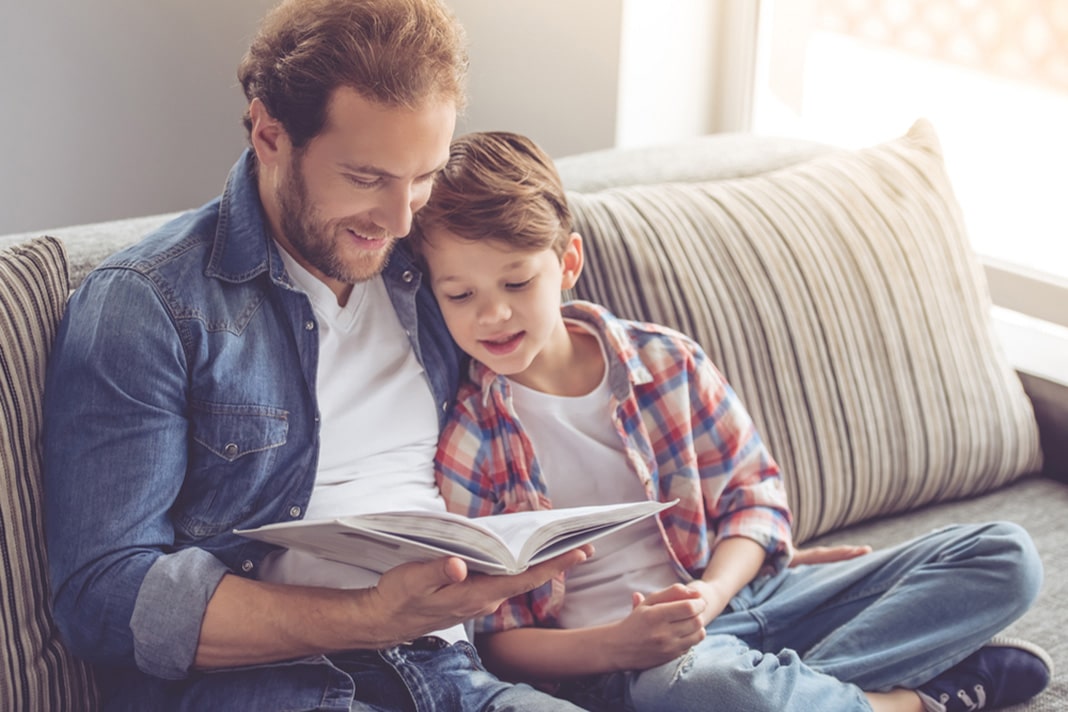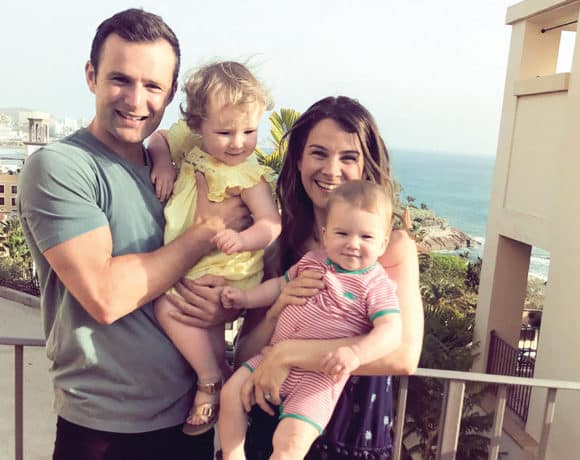If you ever beat yourself up about your parenting style, or find yourself about to lose your mind over something really small, maybe this book is for you, whatever your opinions on mindfulness
Words Holly Kirkwood
Book review: Five deep breaths: The power of mindful parenting
The backlash against mindfulness may have begun, as the backlash about everything duly does, but whatever the labels this book has on it, the messages and learnings inside are helpful for any parent who feels held back by feelings of inadequacy, stress and anxiety.
I’ve never really been one for mindfulness – I realise a lot of people, including my husband, get a lot out of the practice, and I understand enough about it to know you have to spend proper time on it to get anything out of it: and therein lies the problem of course. I ‘haven’t had the time’ to devote myself to learning a new skill which I’m instinctively sceptical of anyway (although I strangely ALWAYS have the time for the latest season of The Affair. Go figure.)
But when a new book promising to teach a mindful approach to parenting crossed my desk, as I opened it up I found there were sections which resonated with me immediately, and I can’t believe they won’t also with a great number of mums and dads out there, who find themselves struggling a little bit.
Written by clinical psychologist Dr Genevieve Von Lobb, the book Five Deep Breaths: The Power of Mindful Parenting is a step-by-step guide navigating the demands of being a parent alongside the demands you put on yourself – and those of others – and coming out of it feeling like you’re on top, instead of always fighting a rearguard action.
From dealing with endless sibling rows to cheerfully completing the 150 repetitive, draining tasks of the day while making sure you don’t drop any balls at work, we all have a lot on our plates. But Dr Lobb argues that we often make things harder for ourselves, not easier.
She talks about the ‘frenemy’ in our head – that voice you hear at three in the morning which has regrets for past failures and worries about future failures on a loop, and argues that we all have this voice, and we all have to learn to pretty much ignore it. Instead we need to take some time to be kind to ourselves; to treat ourselves as we would treat a friend looking for advice, instead of constantly criticising and comparing ourselves to other people we see as more successful, or people we think are ‘getting it right’.
Self-care is crucial, and Dr Lobb wants all of us to do spend more time on it, because ultimately your self care will benefit others: ‘The irony is that parents tend to be experts in showing kindness to others, but helping them direct this kindness inwards is one of the most difficult parts of my job,’ she says. ‘Some feel angry is I even imply that they might consider showing themselves more compassion, because if it were that simple, they would have done it already.’
Dr Lobb then encourages us to get to know our own inner parent. This involves taking a good long look at yourself and your reactions in situations, and taking some time to think about how much your childhood and your parents’ behaviour is affecting your own situations.
From here she goes on to examine certain specific problems all parents have to deal with, and has really useful advice on everything from meltdowns right up to dealing with the teenage years (not to be underestimated from what it says here – what have we let ourselves in for?).
Getting to know yourself better, and building in some small regular good, and ways of being kind to yourself, will stand you in better stead for those days when everything goes wrong, and you just know you’re about to lose it, Dr Lobb says, and I have the feeling that Dr Lobb is right. Whether it’s putting time in your schedule to swim every week, or to write down lists of things you’ve achieved instead of a horrible unending ‘to-do’ list, I think we can all find a few small things which would help to make a difference. This will then make us kinder to ourselves, and by extension to those we love.
Taking five deep breaths really isn’t a bad place to start in bad situations, whether you believe in mindfulness or not, and this book offers parents some really useful tools for the future. Pick and choose the ones that work for you, but in my opinion almost everyone would take something useful away from Five Deep Breaths, if only that they took the time out of their crammed schedule for themselves, in order to read it!
** Read more like this at www.absolutely-mama.co.uk






NO COMMENT